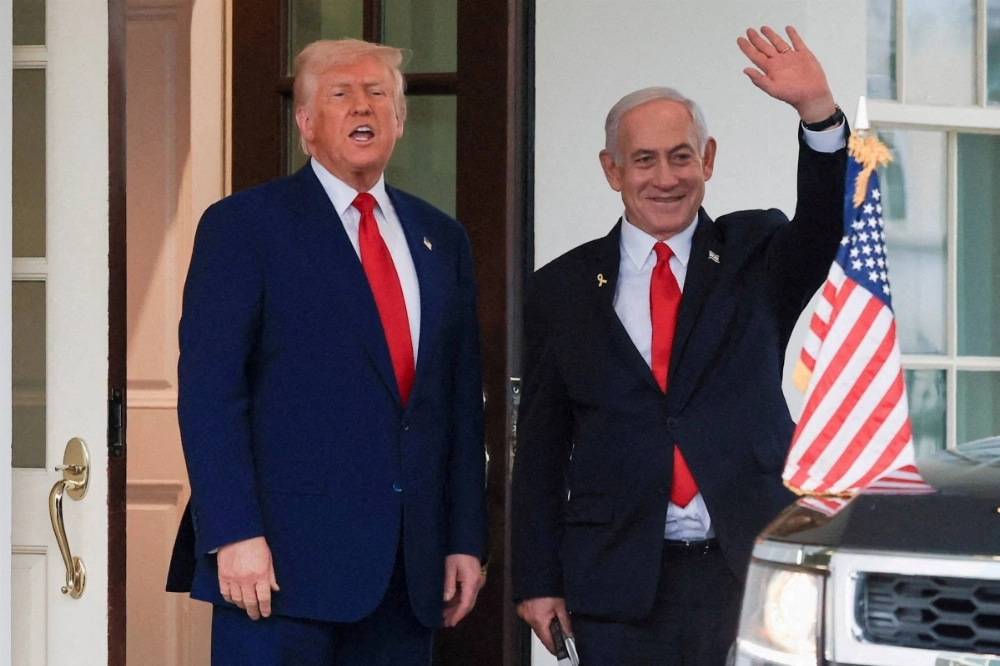When American forces carried out airstrikes on Iran’s nuclear facilities last month, the world was shocked that U.S. President Donald Trump, who has consistently maintained that he wanted to avoid foreign military confrontations, directly attacked the Middle Eastern country, even though it was described as just a “surgical strike.”
The attack may have triggered tectonic shifts in the Gulf region, and the rivalry between Iran, the United States and Israel is likely to continue for the foreseeable future. While global attention may now turn to the possibility of a Gaza cease-fire or more U.S. strikes on Iran, my focus is elsewhere.
The most significant point about this incident is the lesson it offers U.S. allies, especially in the Indo-Pacific, about how to convince a hesitant U.S. president to take military action abroad. Israel managed to persuade Trump — who had long avoided foreign intervention — to strike Iran. As a former diplomat, I was struck by the extent of Israel’s diplomatic influence, especially Prime Minister Benjamin Netanyahu’s political and negotiating skills, which surpassed all expectations.


















With your current subscription plan you can comment on stories. However, before writing your first comment, please create a display name in the Profile section of your subscriber account page.